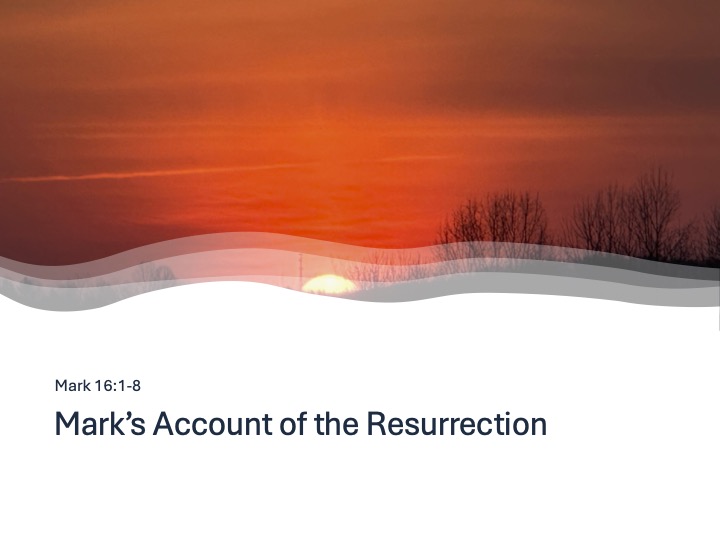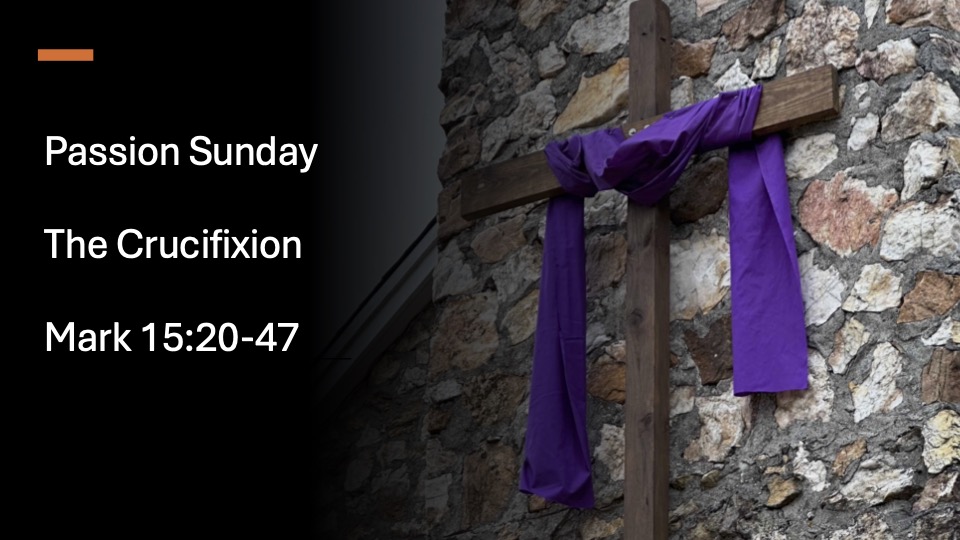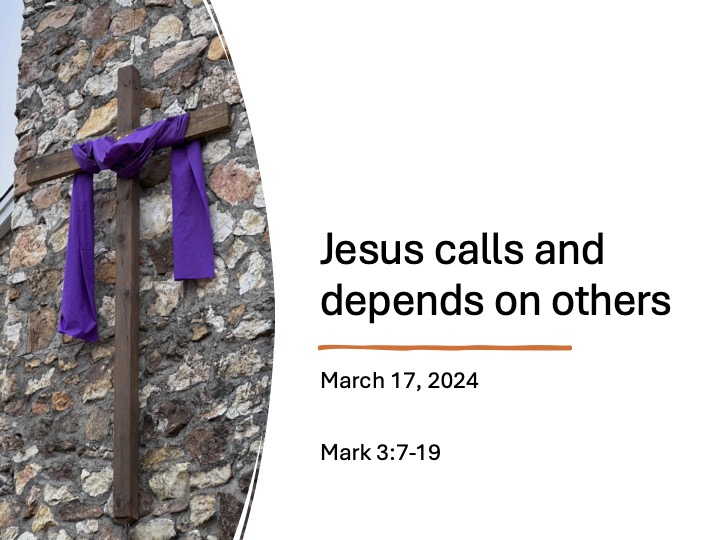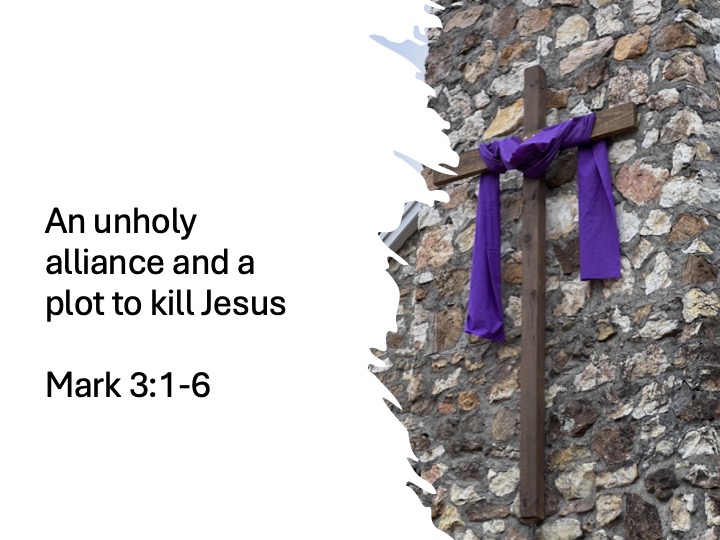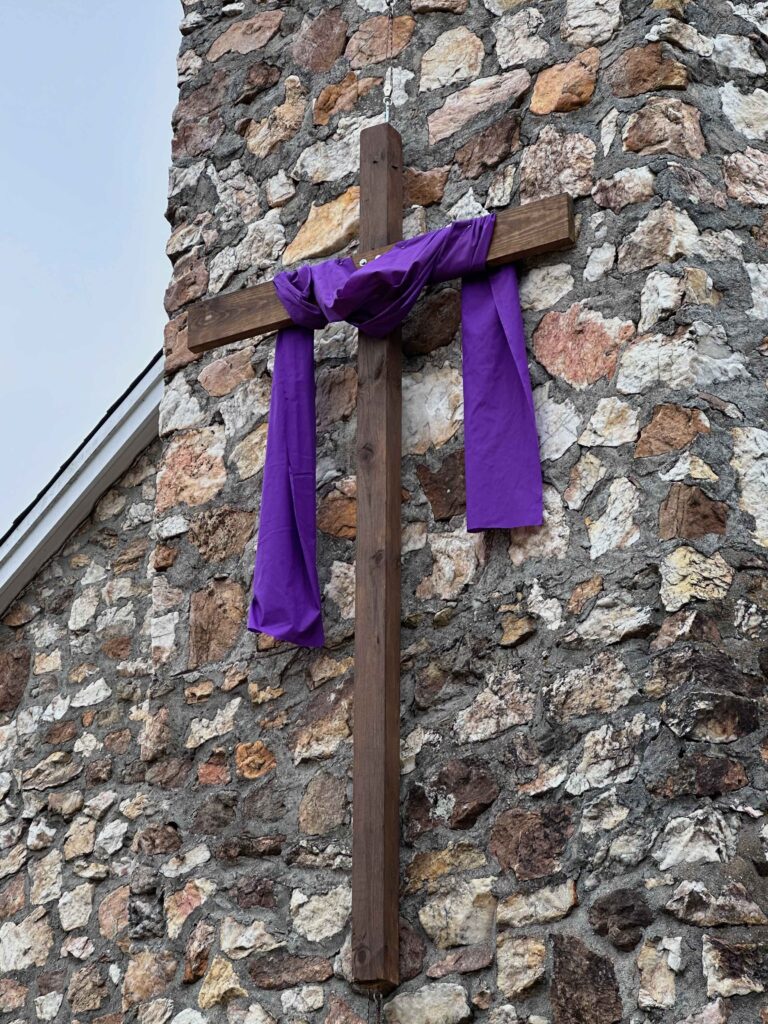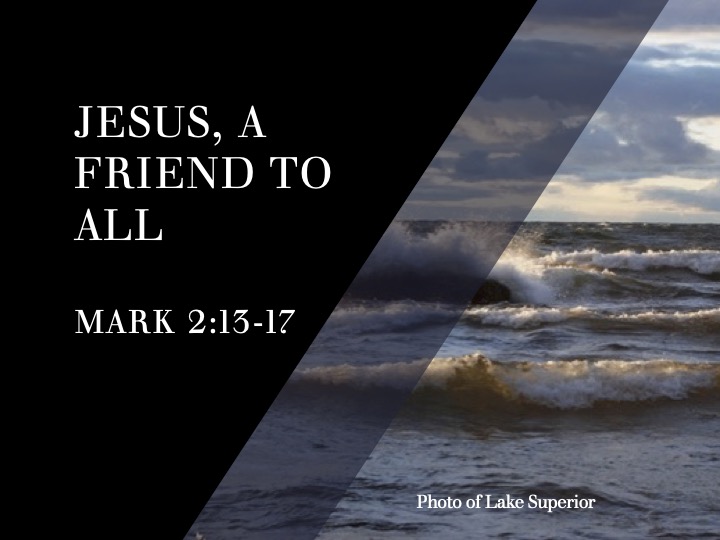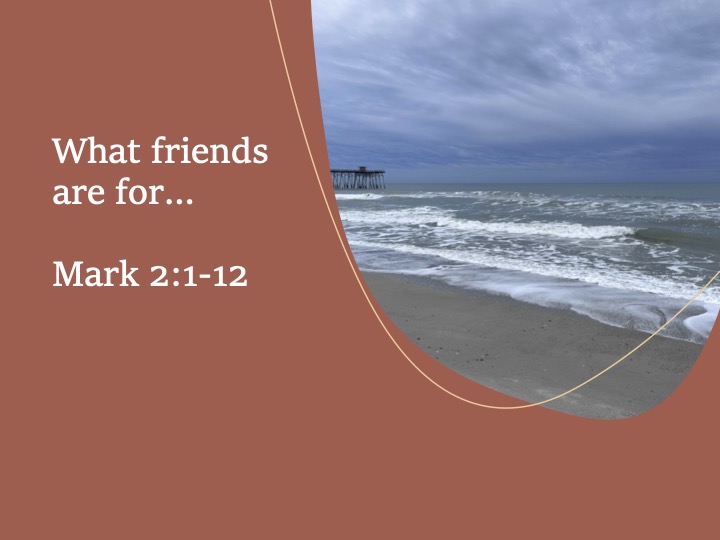Jeff Garrison
Mayberry & Bluemont Churches
April 28, 2024
Mark 4:1-19
An introduction to today’s theme:
Around the 5th Century, a minor holiday arose within the Western Church, called Rogation Days. The word comes from the Latin and means “to ask.” The sixth Sunday of Easter was set aside as the day to observe the fast as they asked God to bless their crops. Remember, at this time, most everyone was involved in agriculture and if a community’s crops failed, it resulted in starvation. So, the beginning of the gardening season was an appropriate time to ask for God’s blessings.[1]
While the roots for this day was on the continent of Europe, the day caught on in England. It continued to be celebrated even after the Reformation, through the reign of Queen Elizabeth. Sadly, as happens with many good things, the day became one of revelry and drunkenness. When the Puritans had their revolution in the 17th Century, they ended it. Only recently has it come back through the Anglican Church as well as some Lutheran Churches. While we don’t officially celebrate the day, we should still honor its meaning and ask God to bless our efforts whether it’s working with the soil or another endeavor.
But let me clear up something. Christians don’t worship the earth. Instead, we worship the God who created of the earth and all things seen and unseen.[2] This is an important distinction. Yet, because God is over all and whose providence provides what we need, it is appropriate for us to ask God’s blessings. We pray for the ground from which we plant our seeds, for the sun which warms the earth, and from the clouds from which the rain comes.
We should remind ourselves that while we may work hard in the garden, there are things out of our control. Therefore, we pray for God’s blessings, which we’ll do at the end of our service this morning.[3]
Introduction to today’s text:
We’re continuing our work through Mark’s gospel. I tried to lay out my preaching on this book while I was away and found that I only need 45 more Sundays to finish in 2024. So, I don’t think I’ll finish it this year, but we’ll continue working through it and then probably finish the last few chapters during Lent of 2025. That said, there’s a lot of good stuff in Mark, so hold on and let’s enjoy the journey.
The Parable of the Sower is today’s passage. It’s familiar and found in all three of the synoptic gospels.[4] While we call this passage the Parable of the Sower, we could give it other titles for the Sower only appears in the opening verse. The parable of the soils or the parable of the scattered seeds have been suggested as other options. But none of these titles, including the Parable of the Sower, are found in scripture. The placement of such titles found in some Bibles came later, just as did the chapter and verse notions in scripture.
In today’s parable, we will see again one of Mark’s literary techniques in which he creates a sandwich. Earlier, we saw Mark place Jesus’ teaching between two passages dealing with this family and his opponents.[5] Here, Jesus tells the parable, then teaches about the purpose of parables, followed by an allegorical interpretation of the parable. The slices of bread deal with the parable, the peanut butter represents the purpose between the slices.
Chapter 4 is also a departure from Mark’s normal style of writing. Most of Mark’s gospel consists of narrative. As we’ve seen in the first three chapters, Mark appears more interested in telling us what Jesus did than what he said. That changes in the 4thchapter, which along with the 13th, contain a large block devoted just to Jesus’ teachings.[6]
The parables in Mark 4 are all about the mystery of God’s kingdom. Next week, God willing, we’ll look at the other parables in the chapter. While some parables are easy to understand, these contain a riddle.[7] They remind us of God’s hidden work.
Read Mark 4:1-20
Some parables lend themselves to sermons and to making statements about how we should live. We’re to be like the Good Samaritan and help those others ignore. Or, in the Prodigal Son, we should be like the father who welcomes his wayward boy home. We should even be like the younger brother who confesses his wrongs. We should not be like older brother who is unable to rejoice that his younger brother is restored into the family. Of course, the meaning of those parables go even much deeper, but at least on a simple level we can apply them to our lives.
But what about the parable of the Sower? Where do we see ourselves in this text? Are we the Sower? The seed? The soil? How might we understand this parable? Does it have any influence on how we live? Or does it help us understand the mystery of God’s kingdom? After all, Jesus proclaims at the beginning of Mark’s gospel the kingdom as having come near?[8]
As I noted before reading the scripture, the kingdom parables in the fourth chapter of Mark are riddles or puzzles. Jesus tells this parable to the great crowd that had pressed around him along the lakeshore. But when it’s just Jesus and the disciples,[9] he acknowledges they’ve been given the secrets to the kingdom, but others won’t understand.
The placement of this parable within Mark’s Gospel might help us to better understand its meaning. If you remember back a few weeks, when we finished our look at the third chapter, we saw Jesus being challenged by both the religious leaders of the day and his own family. While Jesus was popular, there are those who don’t accept his teaching. In the case of the religious leaders, they don’t think his deeds are from God.[10] How do we handle the failure of some seeds to produce? This parable shows us a way to understand.
Jesus sows God’s seed. The seed represents God’s word. But not all the seed takes hold and brings forth growth. Much of the seed falls on the hard paths and never germinates but is consumed by Satan. Others fall among thorns and choke out by competing interests. Others fall in in rocky soil and, while they first show promise, they are unable to establish roots. Only that which falls in good soil takes root and produces an abundance of harvest. This helps explain why the religious leaders and Jesus’ own brothers struggle with his message.
For those of us who have spent much time in a church, the parable also rings true. We know how some people just don’t get it and stay away from the gospel. Others become so excited, like the seeds growing in a rocky soil that shoot up, only to be burned by the sun as they have no roots. Those are the ones who get excited, but after a short while, fall away.
Taking the parable literally, it sounds like only 25% of the seed produced an abundance. That doesn’t sound very good, except in baseball. While batting .250 may not make you a superstar, it does mean you are still a valuable player. And if the whole team bats at .250, with a little defense, they’ll go far.
This parable is best understood as a description of God’s kingdom. Like seeds we’ll be sowing in our garden, the kingdom’s growth is mysterious. While there are things we do to help the garden such as getting rid of rocks, not planting in compacted ground or among thorns, and watering in drought, it’s still up to God to give growth. After all, there are many things we can’t control including the weather or even, heaven-forbit, a swam of locust.
But if we do what we can and trust in God, some of the growth of the kingdom will be astonishing and for that, we have hope and give thanks! God is in charge, we’re just to do our part of making the ground (whether our gardens or our souls) fertile so that the seed may take root. As disciples, which we read in verse 20, we’re to hear what God says. It’s imperative we listen to the one who sows. Amen.
[1] For more information on Rogation, see J. Connelly’s article, “Rogation Days’ in The New Westminster Dictionary of Liturgy and Worship, J. G. Davies, editor (Philadelphia: Westminster Press, 1986. See also https://theclewerinitiative.org/blog/what-is-rogation-sunday and https://en.wikipedia.org/wiki/Rogation_days.
[2] I was reminded of this recently reading Augustine’s The City of God, Book 5 and Book 7:29.
[3] Parts of today’s liturgy came from this UK site: https://worshipwords.co.uk/wp-content/uploads/2016/06/Complete-service-Blessing-Gardeners-PDF.pdf
[4] Matthew 3:1-23 and Luke 8:4-15.
[5] See Mark 3:20-34 or my sermon on the text: https://fromarockyhillside.com/2024/04/07/the-unpardonable-sin-baseball-doing-the-will-of-god/
[6] James R. Edwards, The Gospel According to Mark (Grand Rapids, MI: Eerdmans, 2002), 126.
[7] Douglas R. A. Hare, Westminster Bible Companion: Mark (Louisville, KY: W/JKP, 1996), 52-53.
[8] Mark 1:14-15. See my sermon on the text: https://fromarockyhillside.com/2024/01/14/you-catch-em-hell-clean-em-jesus-begins-his-ministry/
[9] Verse 10 indicates that Jesus was with just those around him including the 12, so we may assume there were more than just the 12 named disciples, but without “the very large crowd” indicated in verse 1.
[10] Hare, 54. See Mark 3:20-35 and my sermon, https://fromarockyhillside.com/2024/04/07/the-unpardonable-sin-baseball-doing-the-will-of-god/




